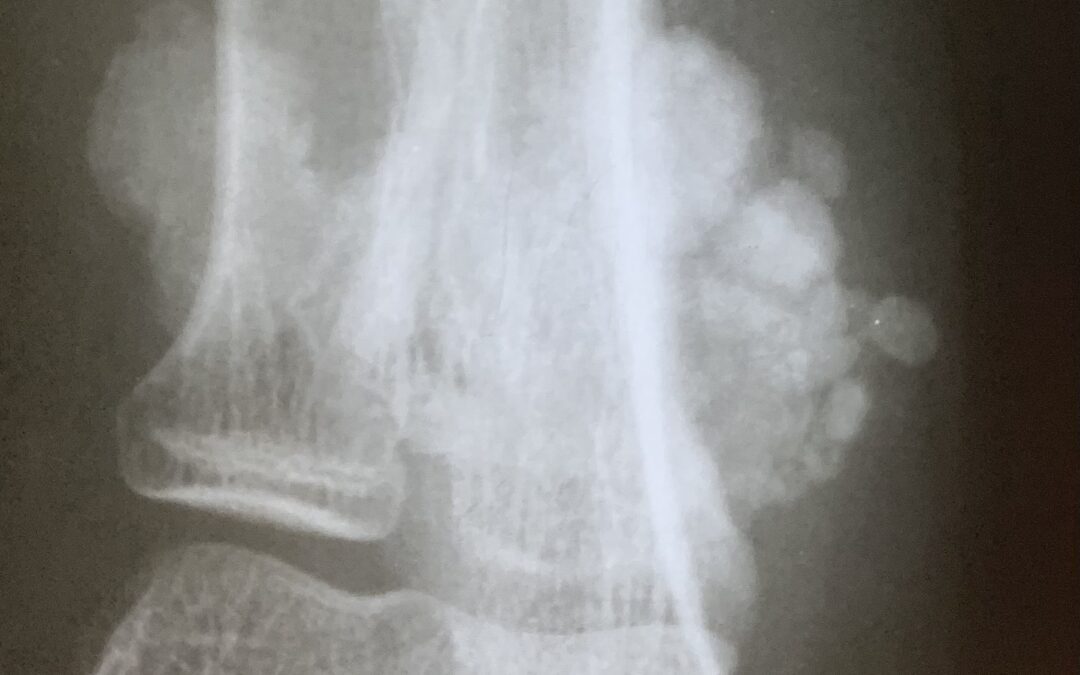Background:
Idiopathic inflammatory myopathies (IIMs) are rare autoimmune diseases that primarily affect the muscles, causing inflammation. Calcinosis cutis, a condition where calcium deposits form in the skin, often accompanies connective tissue diseases, leading to pain and disability. This study aimed to determine how common calcinosis is among IIM patients and to explore its relationship with other clinical factors and the patients’ quality of life (QoL).
Methods:
The study reviewed the medical records of 176 patients diagnosed with IIM according to specific criteria. Data were collected on demographics, disease type and duration, organ involvement, blood tests, and other health conditions. Patients’ QoL was measured using various surveys, including the Short-Form 36 Health Survey (SF-36), Functional Assessment of Chronic Illness Therapy Fatigue Subscale (FACIT-F), Health Assessment Questionnaire (HAQ), Work Productivity and Activity Impairment Questionnaire (WPAI), and the Hospital Anxiety and Depression Scale (HADS). Statistical analyses were conducted to identify significant differences and correlations.
Results:
Out of the 176 patients, 17 (9.7%) had calcinosis, with most being women. Key findings include:
• Patients with calcinosis were generally younger and had their disease start earlier compared to those without calcinosis.
• Calcinosis was linked to the presence of specific antibodies (anti-PMScl100).
• These patients showed less severe muscle involvement but had significant skin involvement.
• Interestingly, none of the patients with calcinosis developed cancer, even when considering age and disease duration.
• QoL assessments revealed that patients with calcinosis had lower anxiety, depression, and fatigue scores, and better emotional and social functioning.
Conclusion:
Calcinosis in IIM patients tends to occur in younger individuals with an earlier onset and longer duration of the disease. Despite being a marker for disease severity and impacting QoL, the study found that these patients had a more favorable clinical profile, including a lower risk of cancer and better emotional and social well-being.

